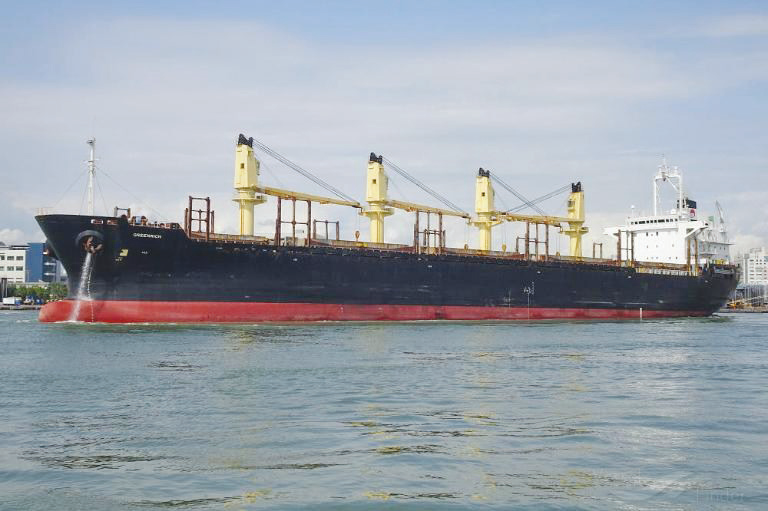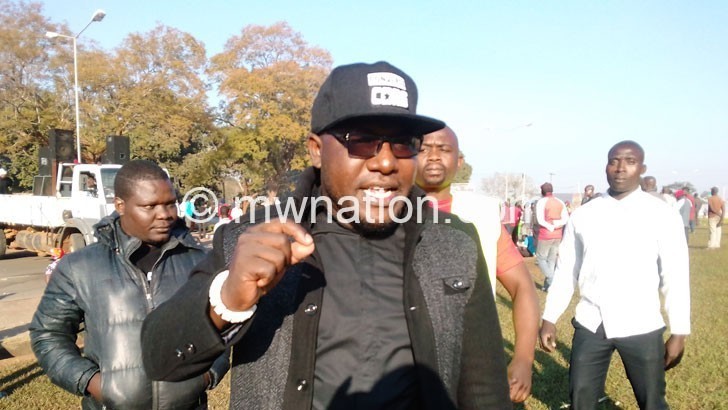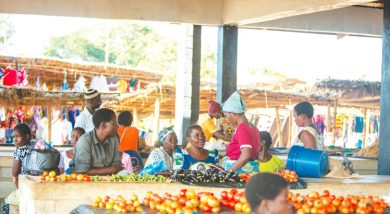Russian fertilisers could arrive in Malawi February
A cargo ship carrying 20 000 metric tonnes (MT) of NPK fertiliser from Russia to Malawi arrived in Mozambique at the weekend, but local farmers will still wait until February 1 2023 when offloading and dispatching will commence.
The consignment represents about three percent of Malawi’s annual national fertiliser requirement of 600 000MT and is expected to alleviate the strain and supply hurdles rocking this year’s K109 billion Affordable Inputs Programme (AIP) targeting 2.5 million poor beneficiaries.

A source at the Beira Port in Mozambique monitoring service told Russia’s State-run TASS news agency that the United Nations (UN) World Food Programme-chartered vessel entered Mozambican waters on Saturday with the first batch of fertilisers from Russian manufacturer Uralchem-Uralkali to Africa.
“The MV Greenwich cargo vessel arrived and is at anchorage,” the source said.
The Russian Embassy in Maputo confirmed to TASS that the Malawi humanitarian cargo vessel is the first of a series of Russian fertilizer shipments to selected countries in the continent. The embassy further established that the MV Greenwich “would remain docked at Beira Port awaiting offloading in February this year”, citing the port’s technical schedule.
In November last year, Uralchem-Uralkali chief executive officer Dmitry Konyaev pledged to supply 260 000MT fertiliser belonging to the company to Malawi and other African countries to alleviate humanitarian needs during this planting season and prevent tragic crop losses in the 2023/24 growing season.
According to the UN, the fertiliser donations sought to ease a 280 000-tonne backlog of Russian fertilisers that was under detention in European ports.
Late last year, President Lazarus Chakwera conceded that 2022/23 AIP has been an uphill task, pinpointing fertiliser suppliers’ sabotage, public officers’ incompetence and commodities competition on the global market, among other threats.
“But the failure has not prevailed and now 2.5 million farming families are rejoicing because the fertiliser we promised is here,” he said in Dedza during the launch of the 2022/23 AIP programme that supplies subsidised fertiliser and seeds to underprivileged smallholder farmers countrywide.
Meanwhile, fertiliser prices have soared significantly in recent months on the domestic scene with traders selling a 50-kilogramme bag of NPK at over K60 000 on the market while the same bag for Urea is around K80 000, according to snap checks.






One Comment